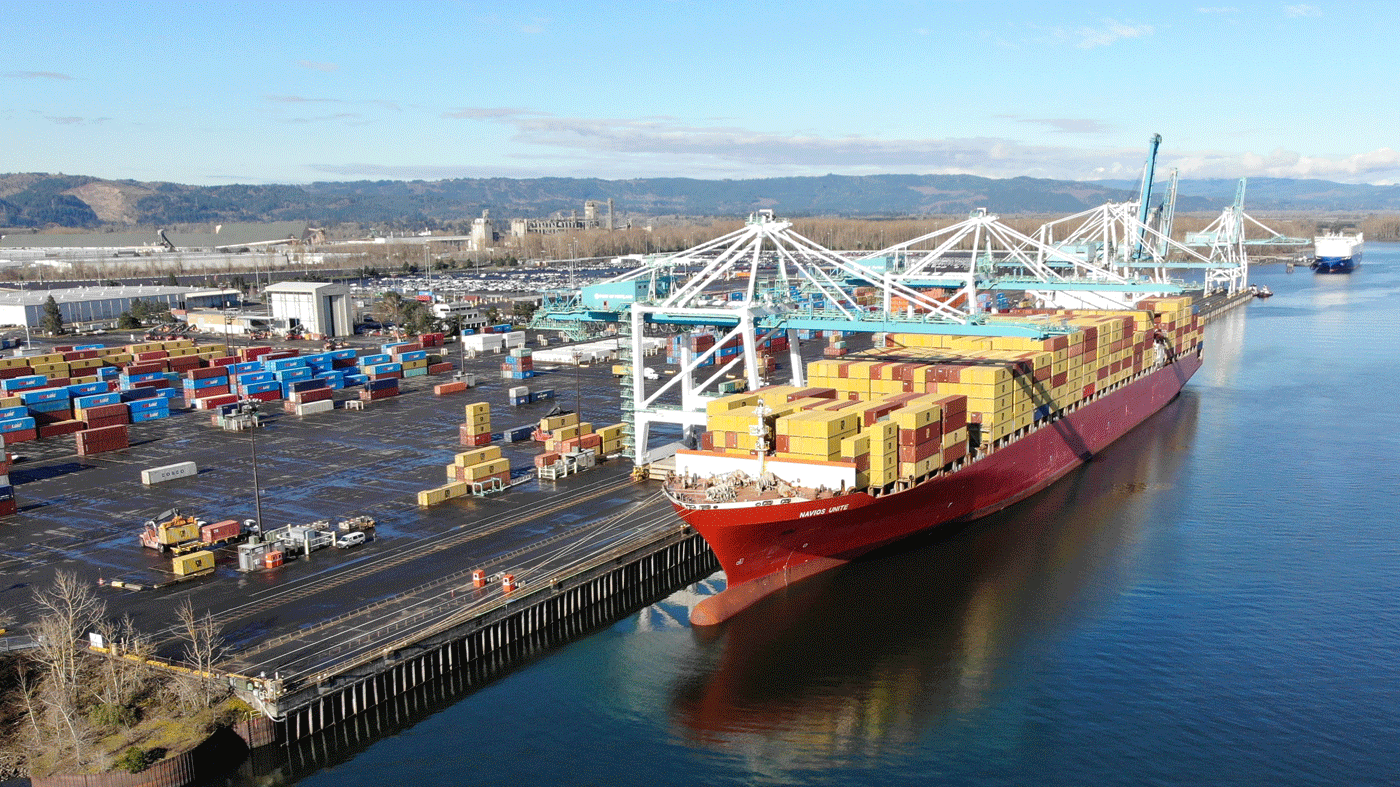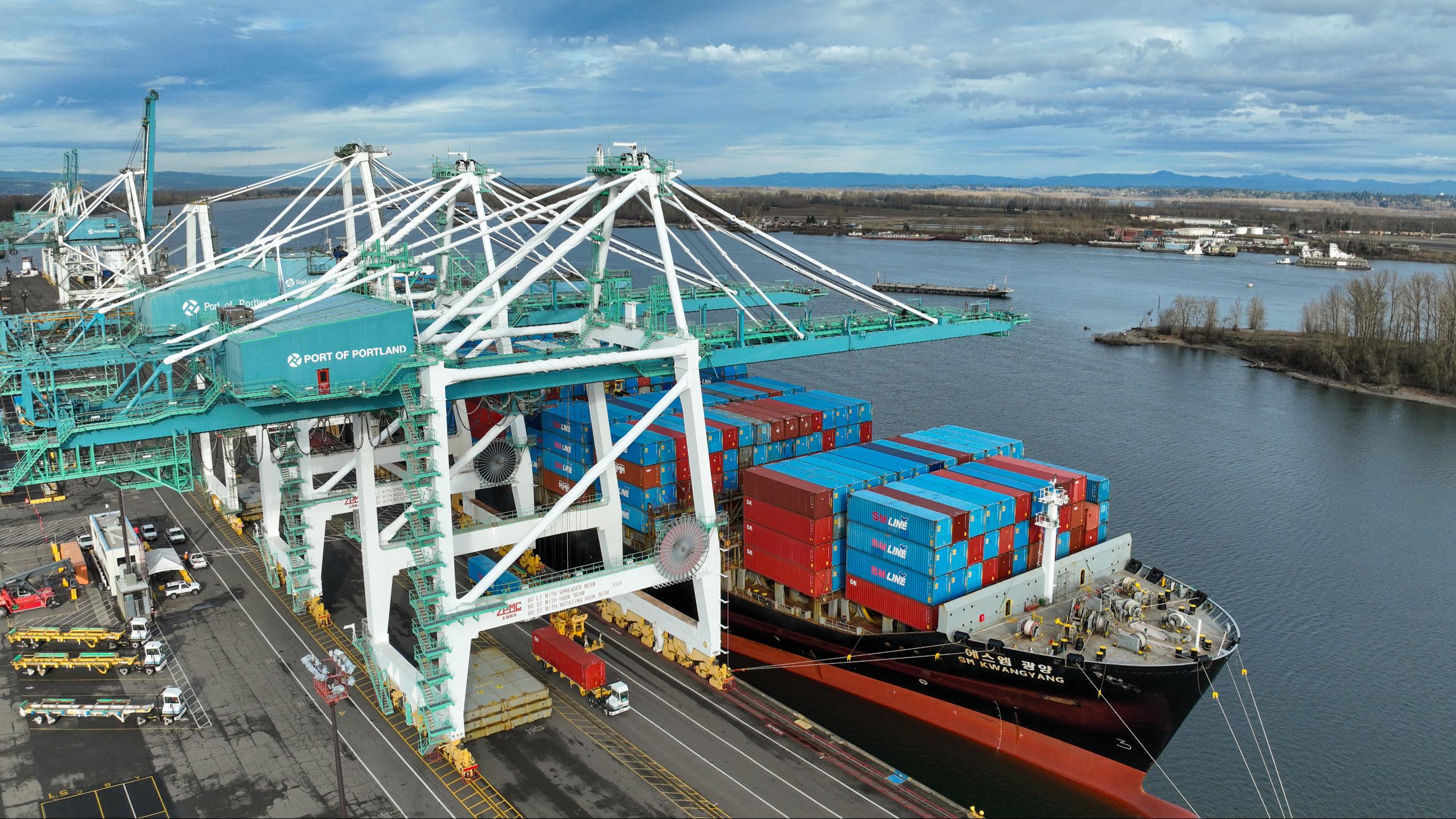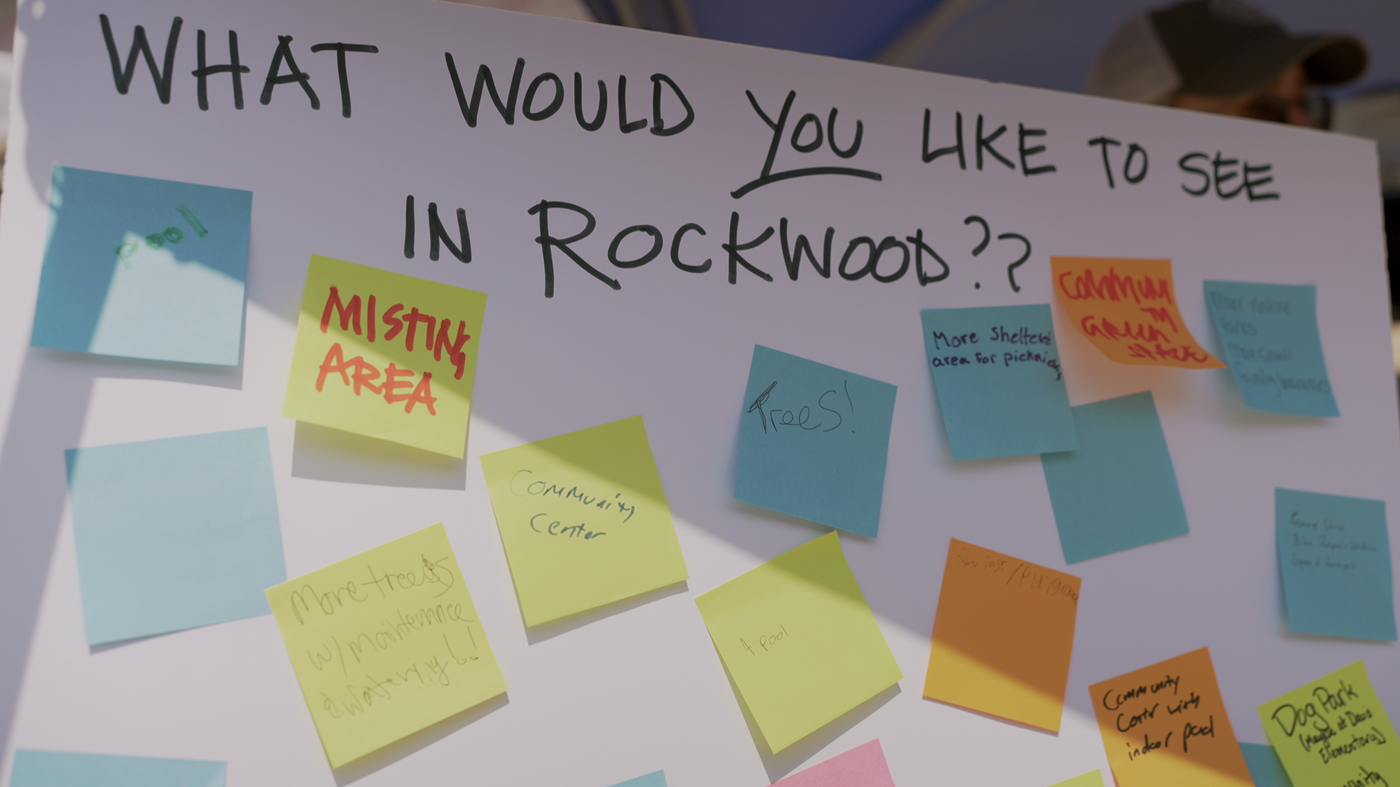On March 15th, the Oregon Mass Timber Coalition (OMTC) submitted its proposal for Phase 2 of the U.S. Economic Development Administration’s (EDA) Build Back Better Regional Challenge (BBBRC). The Coalition’s vision is to create rural and urban jobs with sustainable wood products, grown and manufactured in Oregon. If successful, the BBBRC grant would bring tens of millions in federal funds to the region to develop the emerging mass timber industry.
The OMTC is a partnership established by the Port of Portland, Business Oregon, Oregon Department of Forestry, the Department of Land Conservation and Development and the TallWood Design Institute (a partnership between the University of Oregon and Oregon State University). In December 2021, the EDA awarded a $500,000 grant to the Coalition to plan a mass timber modular manufacturing facility. The Coalition also became one of 60 finalists across the country eligible to compete for up to $100 million in additional funding.
Mass timber projects have grown exponentially in recent years, and Oregon is at the center of this emerging opportunity. Recent economic analyses have shown that the mass timber industry could create up to 17,300 rural and urban jobs. Federal investment would jump-start that growth with an estimated 2,505 jobs over the first five years.
Innovative building using mass timber can address Oregon’s housing shortage by allowing more homes to be assembled and shipped at greater speeds. By sourcing fiber from forest restoration lands, mass timber can reduce the risk of wildfires and help address climate change.
The BBBRC Phase 2 grant proposal focuses on a suite of projects that, collectively, would be transformative for the mass timber market and for Oregon.
- T2: Building Innovation Hub. This facility will build and supply mass timber panels for modular homes, which will be barged and trucked to communities in need around Oregon. It will also serve as a small business incubator, focused on reducing race-based disparities, and will include a Workforce Training Center to provide new skills to workers in advanced manufacturing and 21st-century construction. The State of Oregon and the Legislature have already approved $5 million for a prototype housing manufacturing facility, led by the Port and Hacienda CDC.
- Research and Innovation. The proposal builds on the existing collaboration between OSU and U of O through the TallWood Design Institute. The proposal includes plans to improve mass timber construction by establishing new facilities for:
- Acoustic testing to ensure a quiet experience for residents of mass timber homes;
- Fire testing to optimize fire resistance and safety;
- Technical testing to evaluate the structural and durability performance of mass timber homes; and
- Product prototyping to test design assumptions for mass timber panelized housing.
- Workforce Training. Establish training locations around the state that connect rural and urban communities through job opportunities in forestry, construction, and advanced manufacturing.
- Sustainable Sourcing. Analyze regional timber supply available for mass timber products, with an emphasis on forest restoration and the use of low-value wood species. The Oregon Department of Forestry is preparing to implement forest restoration projects within the Willamette National Forest to provide sustainable fiber material for mass timber products.
- Model Building Codes. Modernize development codes in ten Oregon communities impacted by housing shortages exacerbated by 2020 wildfires and create a model for other communities to permit mass timber modular housing.
The EDA is expected to announce its decision on Phase 2 grants in September 2022.
# # #
About the American Rescue Plan Programs
The “Build Back Better Regional Challenge” is one of EDA’s many programs aimed at building strong regional economies and supporting community-led economic development. EDA was allocated $3 billion in supplemental funding under the American Rescue Plan to assist communities nationwide in their efforts to build back better by accelerating economic recovery from the coronavirus pandemic and building local economies that will be resilient to future economic shocks. For more information about EDA’s American Rescue Plan programs, visit https://www.eda.gov/ARPA/.




.jpg)
.jpg)
